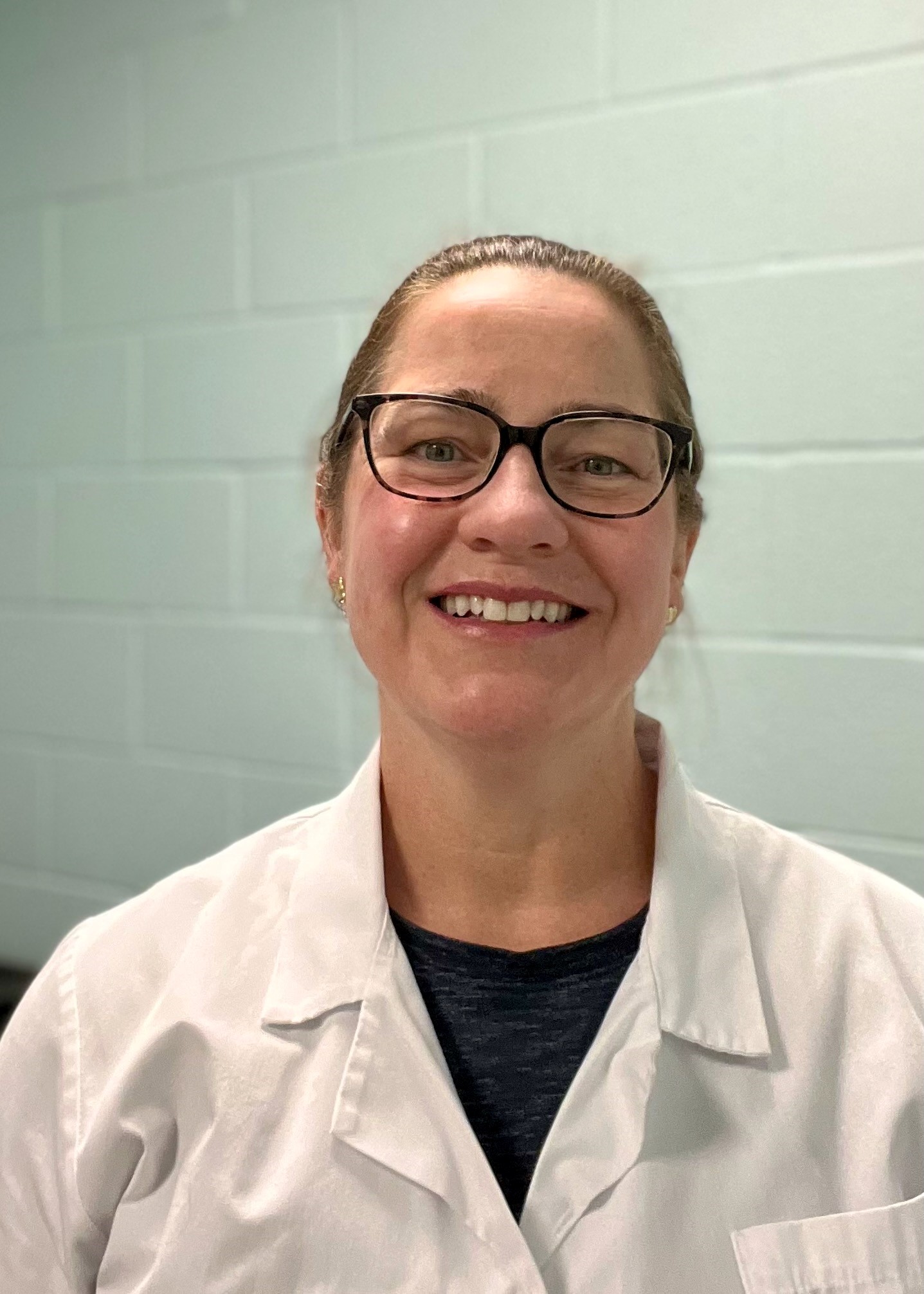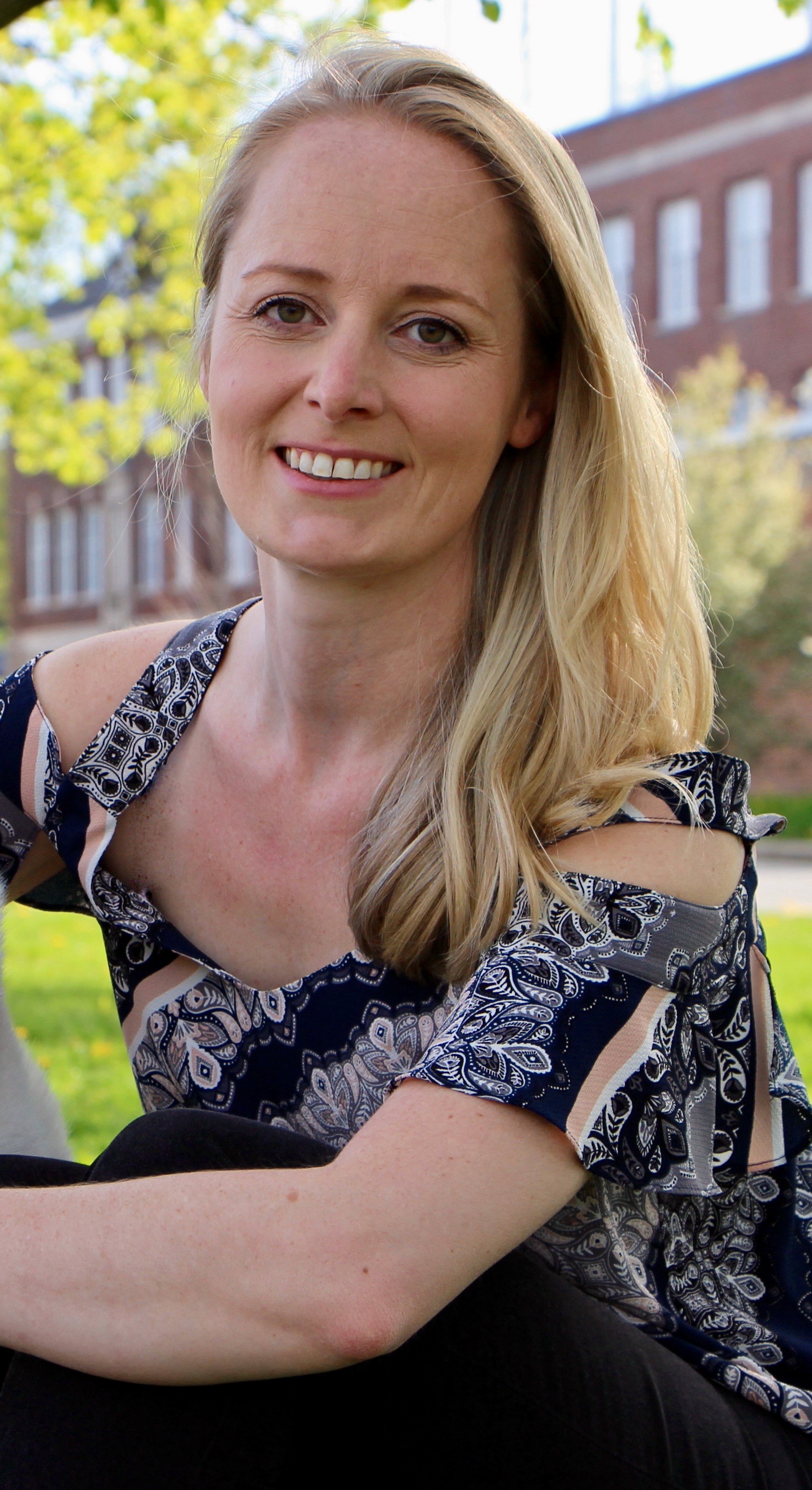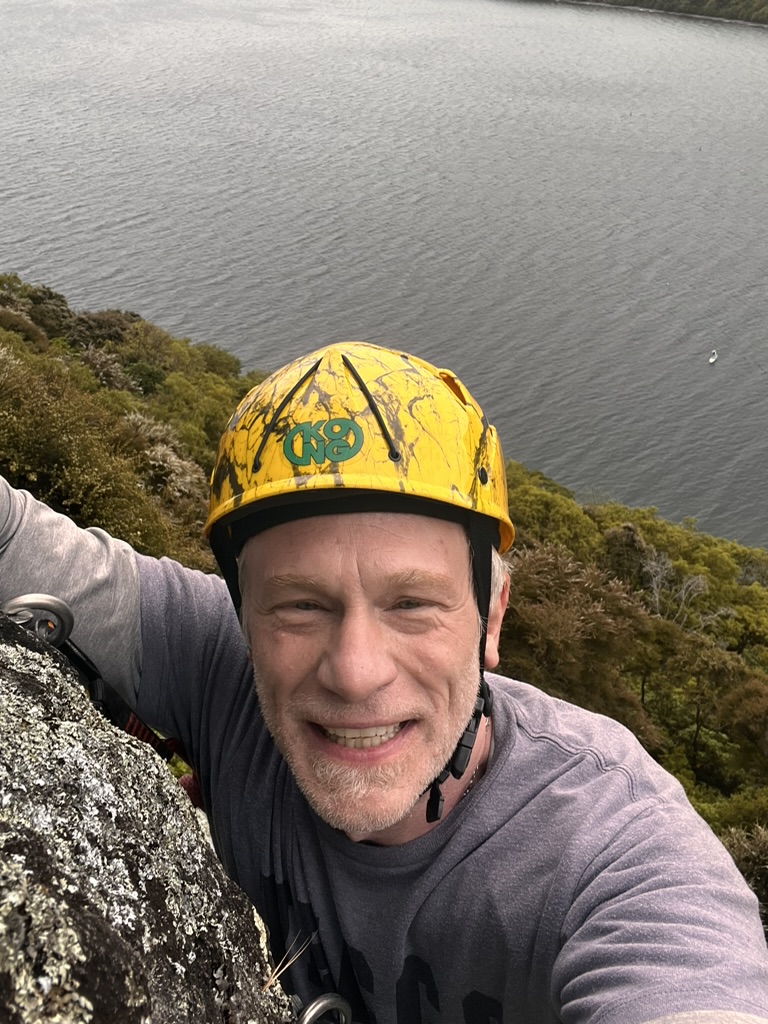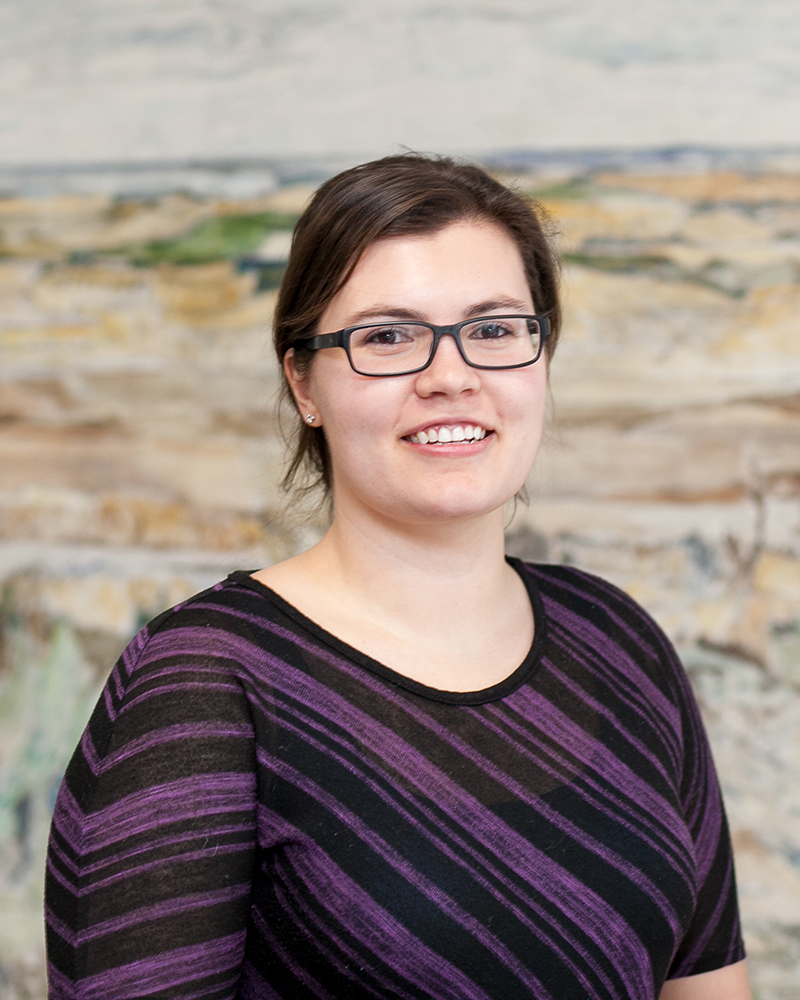The CVMA Teacher of the Year Award is presented annually to a teacher at each of the Canadian veterinary colleges. The recipient, selected by veterinary students, is a teacher who inspired them most by their approach to the subject, teaching methods, and enthusiasm.
Meet the 2023 CVMA Teacher of the Year Award Recipients:
 Dr. Sheri Ross is an associate professor at the Atlantic Veterinary College (AVC) at the University of Prince Edward Island. She is a member of the Small Animal Internal Medicine team and teaches pre-clinical lectures and laboratories along with clinical rotations and post-graduate training.
Dr. Sheri Ross is an associate professor at the Atlantic Veterinary College (AVC) at the University of Prince Edward Island. She is a member of the Small Animal Internal Medicine team and teaches pre-clinical lectures and laboratories along with clinical rotations and post-graduate training.
Dr. Ross graduated from the Atlantic Veterinary College (‘96) and went on to complete her Internship, Internal Medicine Residency and PhD in Nephrology and Urology at the University of Minnesota. After serving as an Assistant Clinical Professor in MN, she moved to the University of California Veterinary Medical Center in San Diego in 2006 to complete a Fellowship in Renal Medicine/Hemodialysis. She remained with UC Davis as the coordinator of the Nephrology/Urology and Extracorporeal therapies program in San Diego. In 2022, she finally returned home to the Atlantic Veterinary College and is thankful for the opportunity to pursue her passion for teaching and clinical training. Dr. Ross is a founding member of the American College of Veterinary Nephrology and Urology, an IRIS Board Member, and a Faculty member of the Hemodialysis Academy. Her passions include teaching, cats and kidneys!
Dr. Ross’ advice to veterinary students and new graduates: “When faced with a clinical problem, ask why until you find an answer.” And remember: "You are braver than you believe, stronger than you seem, and smarter than you think." (-Pooh)

Dr. Guillaume St-Jean enrolled at la Faculté de médecine vétérinaire de l’Université de Montréal (FMV) in the veterinary medicine program in 2008. Throughout his DVM program, he developed a growing interest in veterinary pathology.
Following his graduation from the FMV in 2013, he immediately started a graduate program in veterinary pathology, also at FMV.
During this period, he realized that he enjoyed sharing his knowledge with the veterinary students and that he wanted to actively contribute to the training of future veterinarians and researchers.
To do so, at the same time he was doing his residency program in pathology he enrolled in a M.Sc. program. Upon completing his residency and successfully passing the certification exams of the American College of Veterinary Pathologists, he switched to a Ph.D. program.
He had the occasion to acquire skills and knowledge in the field of animal reproduction by studying different transgenic mice models and the role of certain genes in the development of the uterus.
After completing his Ph.D., he spent a short period of time in a private company specializing in toxicopathology. In the Fall of 2020, Dr. St-Jean had the opportunity to come back to his alma mater as assistant-professor in veterinary pathology.
He felt a great satisfaction to be able to give back to an institution that brought him so much!
Since his return, he teaches veterinary pathology (THE most remarkable topic… in his opinion!) to veterinary students. He hopes that as his career evolves, that he will be able to transmit his passion to the students, with energy, pleasure, attention, availability, and humor. All the ingredients to help his students realize the importance of this subject.
Dr. St-Jean’s advice to veterinary students and new graduates: “I wish you to retain, like a sponge, all the information that make you vibrate internally, and to rely on those vibrations to guide your professional path. Go for it! Try! Don’t be afraid of what’s ahead and of failure! There is no success without trying (just ask researchers who compete for grants…).”
Another piece of advice for his students: “If you are doing pathological work and you can’t identify a structure… there is a good probability that it belongs to the reproductive system…”

Dr. Melissa MacIver, Assistant Professor of Small Animal Surgery at the Ontario Veterinary College (OVC), obtained her DVM from OVC in 2013. She completed a small animal rotating internship at the 404 Veterinary Emergency and Referral Hospital followed by a small animal surgical internship at the University of Florida.
She then completed a residency in small animal surgery and a concurrent Master's of Science in stem cell therapy at Texas A&M University. She obtained her board certification from the American College of Veterinary Surgeons in 2020. Dr. MacIver was hired at OVC as an assistant professor in the fall of 2019. Her main interests include orthopaedic surgery, minimally invasive surgery, and stem cell therapy. Teaching has always been a passion for Dr. MacIver. One of the most rewarding experiences is watching students become more confident in their spay and neuter surgeries.
Dr. MacIver’s advice to veterinary students and new graduates: “Always continue learning and keep an open mind. Stay positive and remember that every time one door closes, another one opens.”

Dr. Søren Boysen graduated from the Western College of Veterinary Medicine (WCVM) in 1996, completed an internship at the Atlantic Veterinary College (AVC) in 1998, and did his residency training in Small Animal Emergency and Critical Care (ECC) at Tufts University in Massachusetts, becoming a Diplomate of the American College of Veterinary Emergency and Critical Care in 2003.
The former Chief of Veterinary, ECC, at the University of Montreal is currently employed as a Full Professor in Small Animal ECC at the University of Calgary. Although he loves all things veterinary ECC, he is a true point-of-care ultrasound (POCUS) aficionado, having introduced POCUS to the small animal veterinary profession in 1999!
Dr. Boysen’s advice to veterinary students and new graduates: "Becoming a successful vet is not a 4-year learning process, it's a lifelong journey. The journey is much easier if you find something you love and are passionate about; find something you love! I love veterinary emergency/critical care and point-of-care ultrasound, neither existed when I was a vet student, but somehow, we found each other, and I now travel the world teaching both. So be open to new ideas and challenges, they may open doors to a whole new world you never imagined. Don’t be afraid to make mistakes. Failure is not a letter grade; it is the first attempt in learning, and it is far better to fail and learn than to never try. Finally, and most important of all, have fun – you only live once!"

Dr. Jen Loewen is the Assistant Professor of Small Animal Emergency Medicine and Critical Care at the Western College of Veterinary Medicine (WCVM).
Dr. Loewen grew up in Winnipeg, Manitoba prior to earning her DVM degree at the WCVM. Following graduation, she completed a small animal rotating internship at Iowa State University and a residency in Small Animal Emergency and Critical Care at the University of Wisconsin-Madison. Dr. Loewen obtained her board certification from the American College of Veterinary Emergency and Critical Care in 2018.
She is currently working on a Master’s of Education in Health Professional Education. As the sole emergency and critical care specialist at the WCVM’s Veterinary Medical Centre, Dr. Loewen supervises and supports senior veterinary students as they train in the hospital. She also teaches part of the third-year small animal medicine and surgery course, and to further develop the college’s emergency program, she created a third-year elective course on emergency medicine and critical care. In addition to teaching veterinary students, Dr. Loewen provides support for clinical interns and the team of registered veterinary technologists who work in the emergency service and ICU.
Dr. Loewen's advice to veterinary students and new graduates: Continue to stay curious and ask "why". Look at ways that the information that you are learning in different courses can come together to form the bigger picture for the patients who you will be treating in your future if going into clinical medicine. Take advantage of the support built in while in vet school to take risks from experiences that are outside of your comfort zone to continue to grow!"
 Skip to main content
Skip to main content